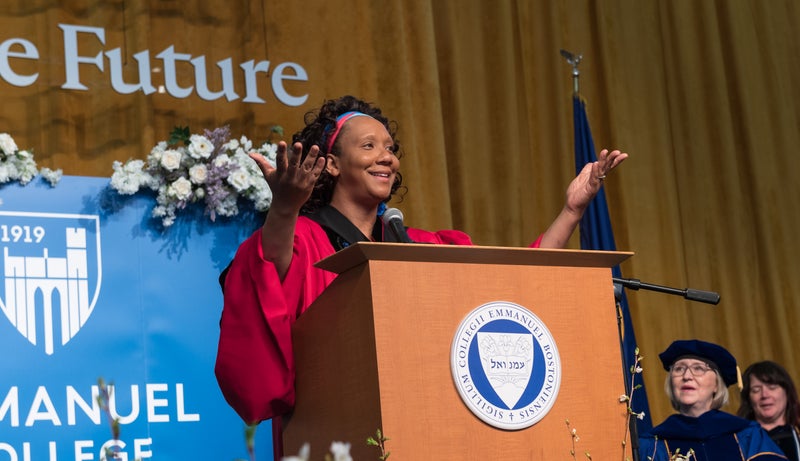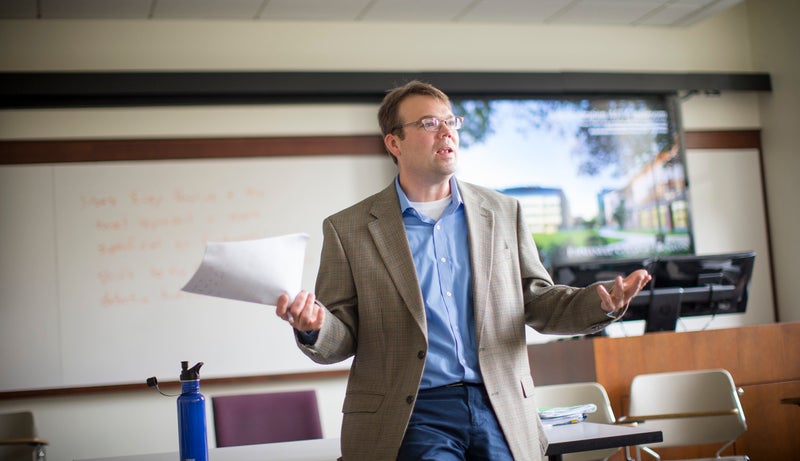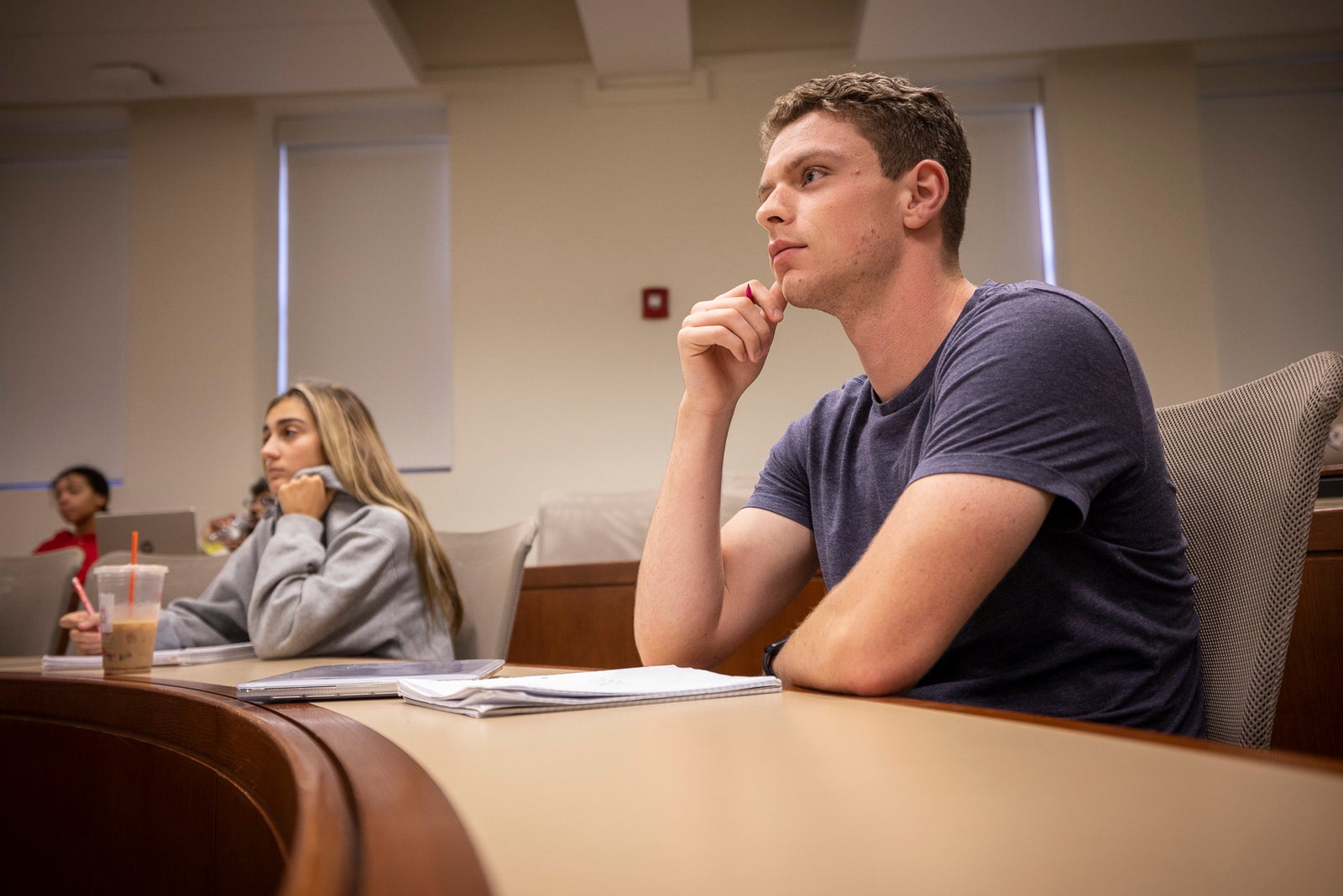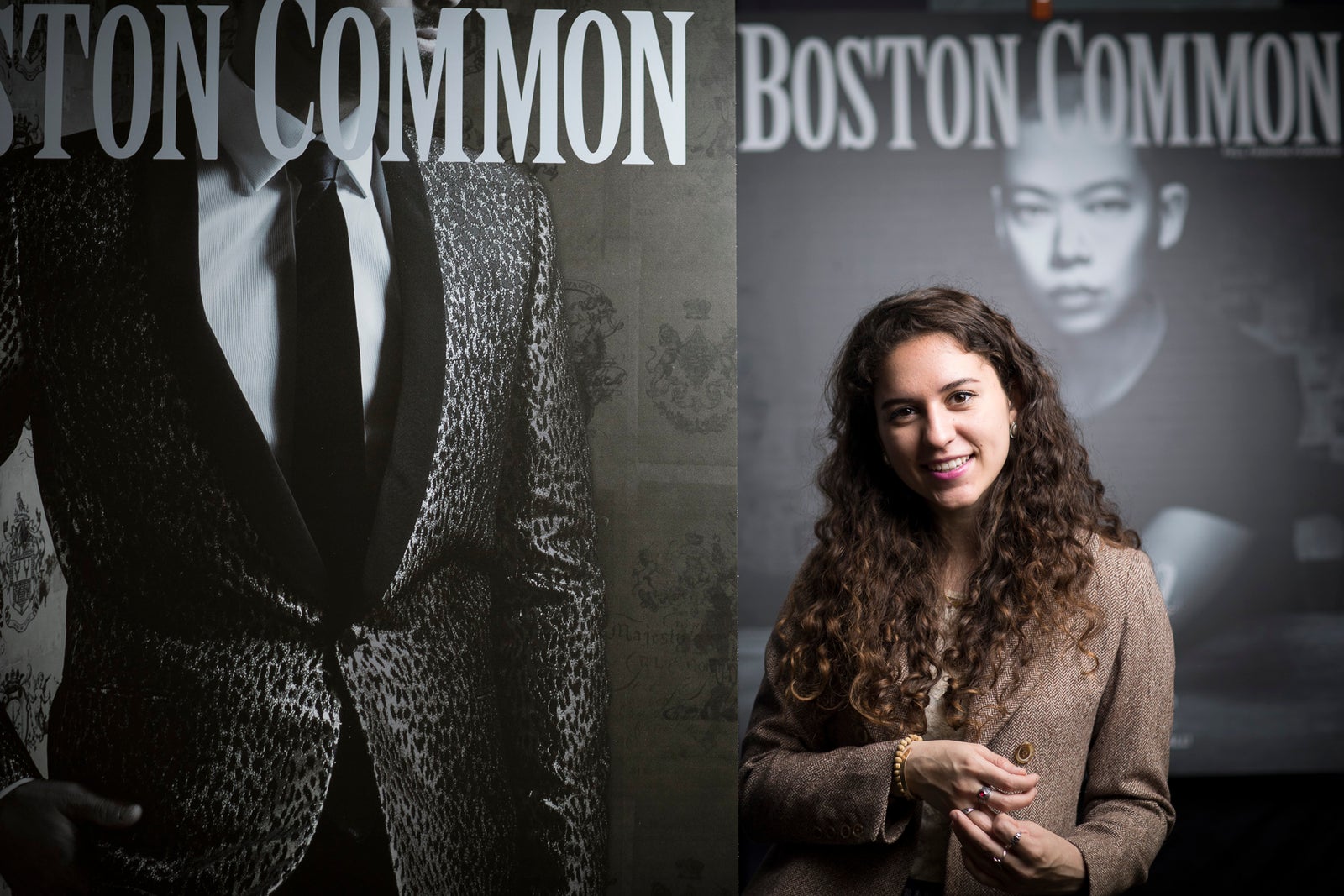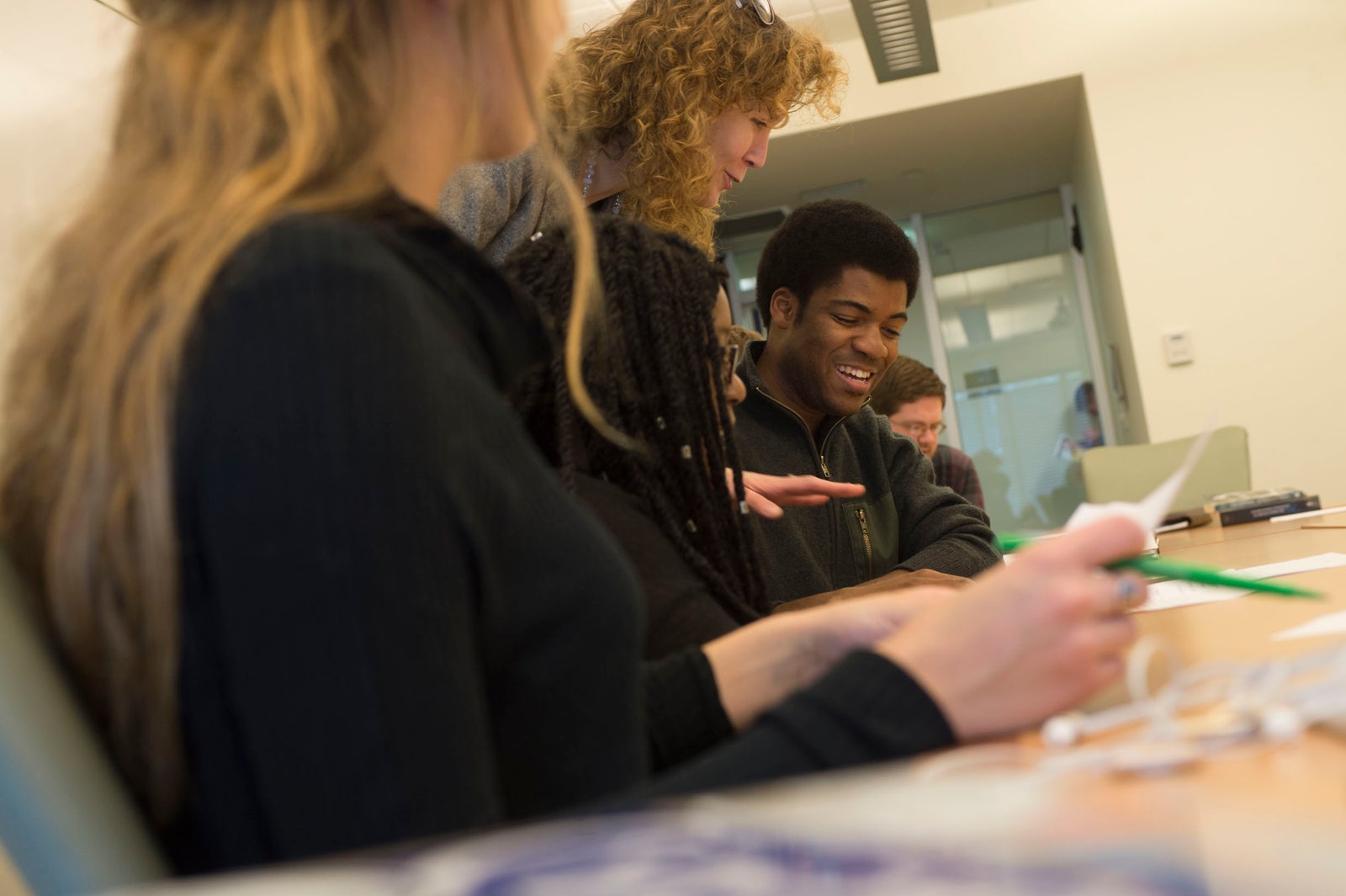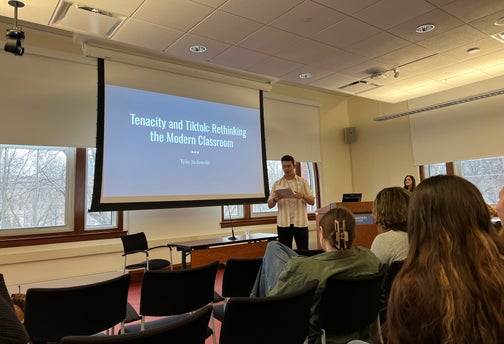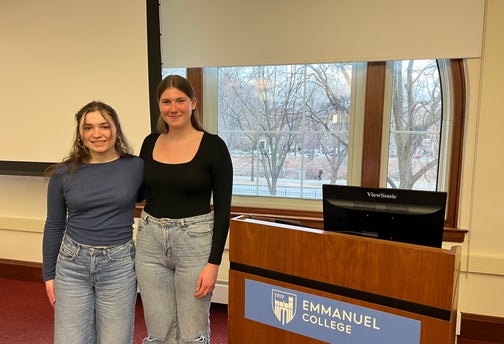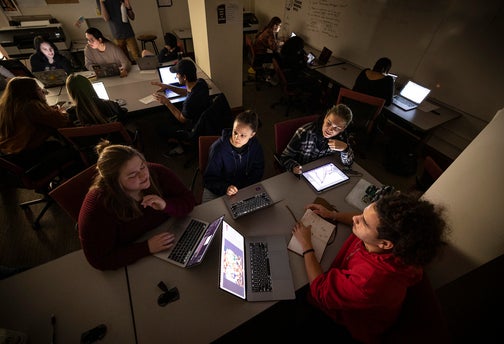The study of literature empowers our students to be empathetic, culturally aware, critical thinkers who can be both citizens and assets in a global world.
Whether through Shakespeare’s tragedies or Toni Morrison’s novels, literature reveals some of the most challenging and complex questions of the human experience. For centuries, the written word has played a role in documenting society's conflicts and inspiring change. The Great Gatsby captured the spirit of Fitzgerald's generation and the tension between American ideals and realities. Nineteen Eighty-Four introduced "Big Brother" into the lexicon and anticipated much of the contemporary political discourse. Chimamanda Ngozi Adichie’s Americanah explores the search for identity and gives voice to the contemporary immigrant experience.
The literature program provides students with the analytical tools to be deep thinkers and competitive readers of the world, sharpens their empathetic reasoning, and cultivates cultural sensitivity. As an English major at Emmanuel, you will gain a broad overview of major texts and traditions in British, American and World literature. With a focus on developing cultural and rhetorical awareness, as well as public speaking, reading and writing skills, you will learn how the written word can be used as a powerful tool to affect change in your own world.
